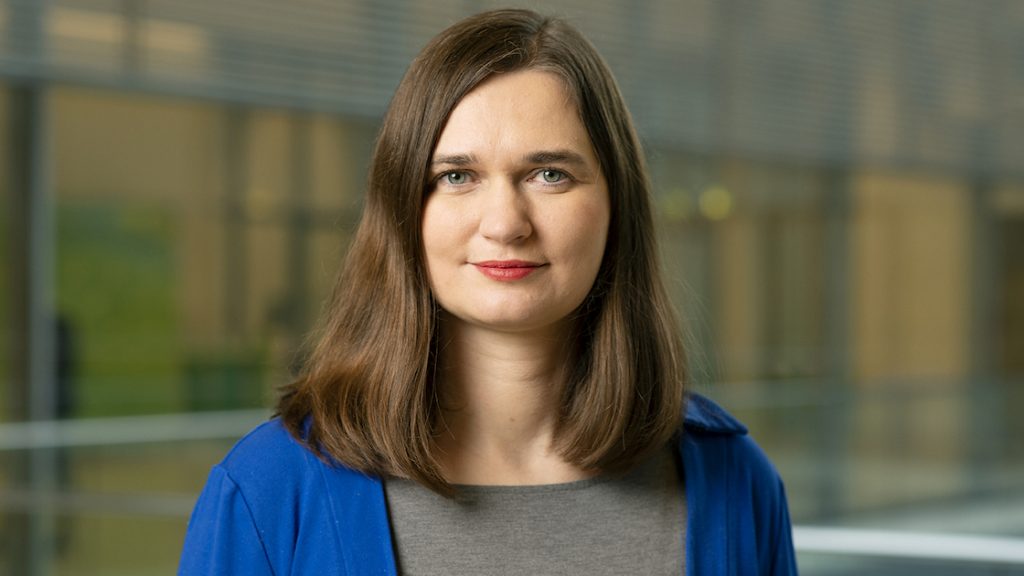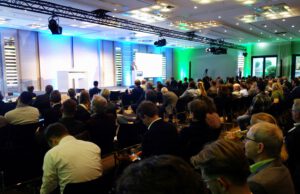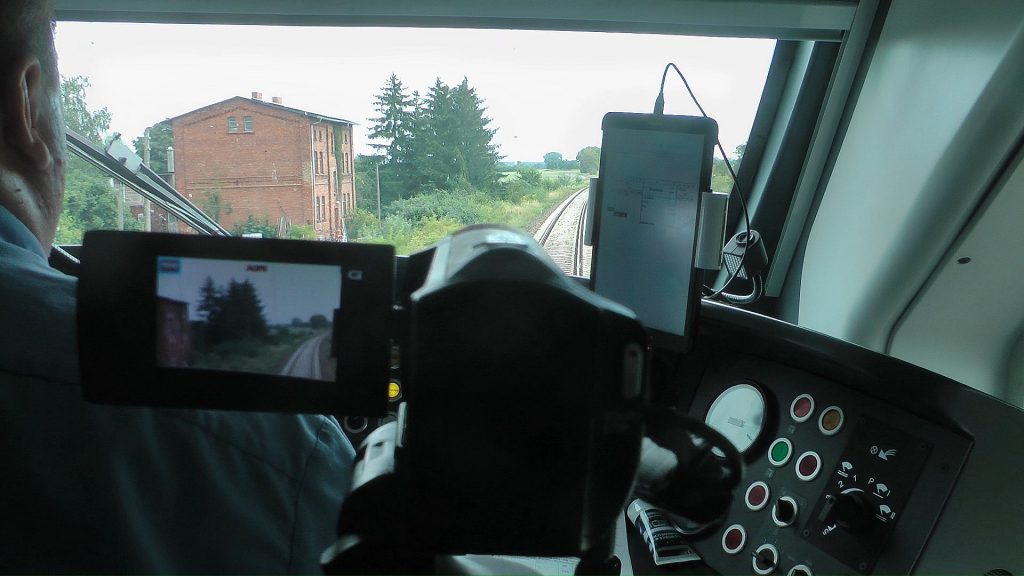Claudia Müller has been a member of the German Bundestag for the Stralsund constituency since 2017. From 2012 to 2018 she was state chairwoman of the state association of Bündnis 90/Die Grünen in Mecklenburg-Western Pomerania. In the past legislative period, she was also a member of the Parliamentary Group for Inland Shipping (PGBi) and spokeswoman for the Greens parliamentary group in the Bundestag for maritime economy. Müller succeeds the CDU politician Norbert Brackmann in office.
Both politics and business have high expectations of the new coordinator. It is intended to represent the concerns of the maritime economy as a whole, but also to support the climate transition in the areas of energy transition, decarbonisation of shipping, shipbuilding supply industry, offshore wind industry, shipping, ports and marine technology. Here, Müller is primarily accountable to her previous party leader and current Federal Minister of Economics and Vice Chancellor Robert Habeck, in whose house her office is based.
Immediately upon her inauguration, Claudia Müller made it clear on January 5, 2022: She wants to promote the expansion of climate-neutral shipping.
“We have to rely on climate-neutral drives in Germany and, if possible, also in Europe and thus make Europe more sustainable as a shipyard location,” said Müller to the German Press Agency dpa.
Similar to other long-lasting means of transport, the technological change must also take place in shipbuilding now if half of the previous emissions of greenhouse gases are to be reduced by 2050. This affects new ships, but also the ecological modernisation of the existing fleet. The various institutions of the German state are also ship owners. They should be avant-garde when it comes to environmentally friendly drives: “We can show that it is possible to make shipping climate-neutral.”
In addition, Müller focuses on offshore technology. She also wants to deal intensively with the clearance of old ammunition from the Second World War in the Baltic Sea and North Sea – there are enormous security and environmental risks hidden. In April 2021, the Federal Ministry of Economics stated that the annual gross value added of almost 30 billion euros is achieved in Germany’s maritime economy. The industry employs around 450,000 people.
In the field of tourism, the federal government’s coordinator should work towards a positive and sustainable development of tourism in Germany and of tourism abroad from Germany. This is also not an easy task in Corona times. Because of the pandemic, the world’s largest tourism trade fair ITB in Berlin had to be canceled again this year. The industry hopes to maintain at least part of the international contact maintenance through digital information formats.
Hermann Schmidtendorf, Editor-in-chief
Claudia Müller picture credit: BMWK
Tags: Claudia, Müller, Grüne, Greens, Rostock, Maritime, Coordinator, federal, government, Germany, Shipping, climate, neutral, tourism,









